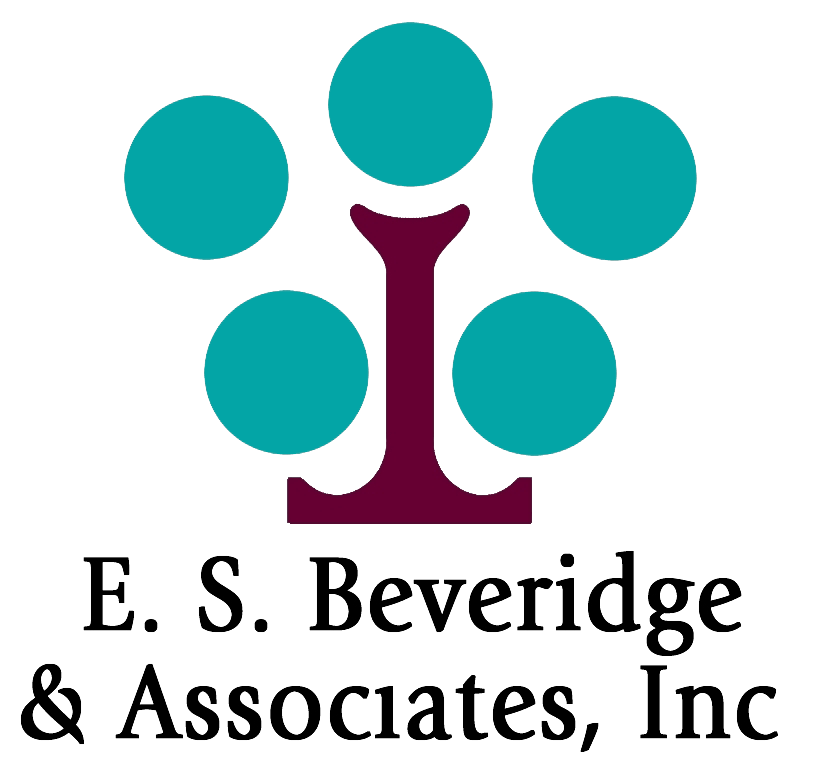4 Things to Think about at 60
The 60s are the new 50s–or heck, even the 40s or 30s! The point is, you’re still young enough to enjoy the friends, family, and interests that make a full and active life. While this decade of retirement brings its pleasures, though, it can also cause some confusion as you try to navigate a number of new financial realities. Taking the time to familiarize yourself with the changes ahead will help you make smart decisions that will benefit you and your family for years to come.
Health Coverage After Retirement
Where will you get health coverage after you retire? Unfortunately, many employers no longer offer health benefits to their retirees, creating a coverage gap between retirement and Medicare eligibility at 65. Before you retire, compare the cost of an Individual Plan through the Affordable Care Act to the cost of your employer’s group plan. Visit healthcare.gov for more information on how to access the Special Enrollment Period and the Health Insurance Marketplace.
Social Security Disability and Medicare
Unless you’re disabled, you will not qualify to enroll in Medicare until age 65. If you do qualify for disability, you will not be eligible to begin receiving Medicare until 24 months after you started receiving disability payments from Social Security or age 65, whichever comes first.
Veterans Benefits
As a veteran, you are eligible for a Veterans Pension if you have at least 90 days of active duty service with at least one day during a wartime period. According to va.gov, “if you entered active duty after September 7, 1980, generally you must have served at least 24 months or the full period for which you were called or ordered to active duty (with some exceptions), with at least one day during a wartime period.”
In addition, the Veteran must meet the following requirements:
- Age 65 or older, OR
- Totally and permanently disabled, OR
- A patient in a nursing home receiving skilled nursing care, OR
- Receiving Social Security Disability Insurance, OR
- Receiving Supplemental Security Income
- Have a family income less than the amount set by Congress to qualify.
For more information about federal benefits for veterans, visit www.va.gov.
States offer benefits to their veterans as well. Ohio provides financial assistance, state tax and homestead exemptions, and recreational benefits. A summary of every state’s benefits can be found here.
Paying for Long-Term Care
Even if long-term care is far off, it’s important to have a plan in place so you and your family aren’t left scrambling for solutions down the road. Take the time now to review the pros and cons of private/self-funding, home equity/reverse mortgage loans, medicare/medicaid, and long-term care insurance. The peace of mind will be well worth the planning.
For more information about how to make the financial best of your 60s, contact E.S. Beveridge and Associates.
« Back to Blog




